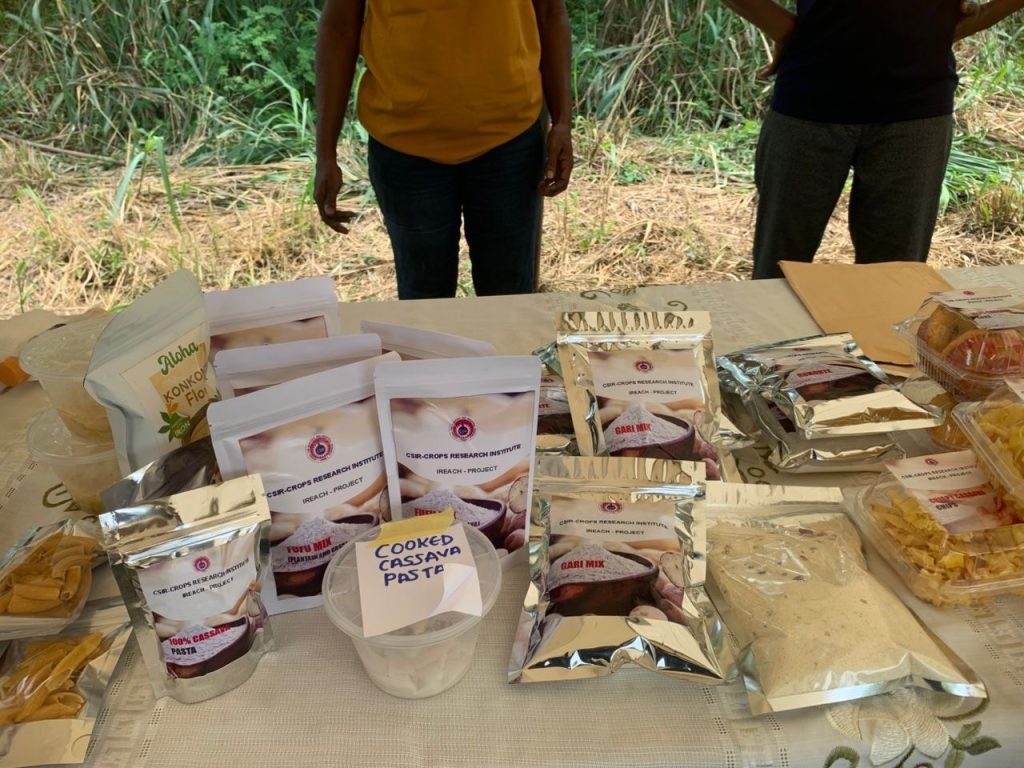By Florence Afriyie Mensah
Fumesua (Ash), Nov. 06, GNA – The Council for Scientific and Industrial Research (CSIR) is working to deepen collaboration between the academia, research institutions, the private sector and other key agencies to strengthen the uptake and use of innovations and research outcomes.
Professor Marian Doreen Quain, Deputy Director-General of CSIR, who stated this, said close engagement with end users of research was key in ensuring the acceptance and use of research outcomes.
“It has often been said that the research findings are on shelves, at the CSIR.
We do boast of a system where research is conducted with the end-user in mind, it is done together with the end-user and we take the journey together, this way the beneficiaries can testify of the research outputs”, she stated at the 3rd Innovation Extension Research and Advisory Coordination Hub (IREACH), open day at Fumesua, in the Ejisu Municipality.
She said the Council was working with research partners to showcase ready-to-go technologies from the West Africa sub-region.
She indicated that globally, research, extension and farmer linkage had been an integral part of technology transfer, adding that in Ghana, the office of the CSIR Deputy Director-General and the Directorate of Extension of the Ministry of Food and Agriculture, had been driving this agenda.

The Agricultural Technology Park, established at the Crops Research Institute (CRI) at Fumesua with satellite site at CSIR-SARI Tamale, was therefore, aimed at ensuring sustainability in innovation and entrepreneurship, foster collaboration between industry, academia, and government, as well as driving economic growth and job creation.
Prof. Quain added that the Park would also help develop and commercialize new technologies and enhance regional competitiveness.
At the Technology Park, a total of 21 ready-to-go innovations, from root and tubers crops such as yam, cassava, sweet potatoes, cocoyam and taros, maize, cowpea, peanut, good agronomic practices, through to new crop varieties and post-harvest technologies, all developed by the CRI, were showcased.
Prof. Quain commended IREACH, Food System Resilience Project (FSRP) among others, for both financial and technical support as well the West and Central African Council for Agricultural Research (CORAF) for coordinating such discourse in the sub-region.
Dr. Ernest Baafi, acting Director of CRI, indicated that with assistance from CORAF, the CRI had developed and disseminated 68.4 percent of highly productive and improved roots and tubers crop varieties in Ghana in the last few years.
He mentioned that the dissemination had been in close collaboration with extension, use of scaling approaches such as innovation platforms, multi-stakeholder platforms, and coordinators for Research-Extension-Farmer Linkages Committee (RECL), among others.
GNA